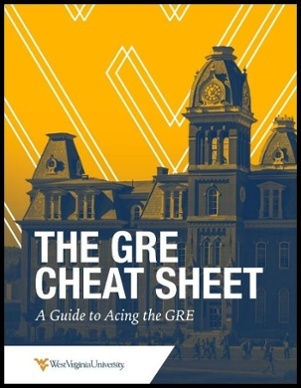The Journalism Field
Journalism is the art of storytelling.
Writing, editing, and effectively communicating these stories are the skills that form a journalist’s foundation. But with the rise of social media, the field of journalism is taking on new dimensions. These new dimensions require a deep and varied repertoire of skills.
In addition to fundamental skills, journalists in today’s market are expected to be experienced in, or at least familiar with — social media, various forms of visual storytelling, and coding. A graduate degree in journalism can help refine these and develop other necessary skills to land a job in this fast-paced field.
The Advanced Degree in Journalism
At West Virginia University (WVU), the Reed College of Media offers a Master in Science Journalism (MSJ). This advanced journalism degree is a 30-hour program offered on-campus. It holds the distinction of being one of only 107 colleges in the nation to have received full reaccreditation from the Accrediting Council on Education in Journalism and Mass Communications.
The MSJ program offers two tracks: a teaching-research track and a professional track. For candidates who plan to pursue further study, the teaching-research track is an excellent choice. The professional track equips those who are eager to jump into the professional business world.
At WVU the unique opportunity to collaborate with faculty and professors on web-based, immersion journalism projects, gives candidates hands on tools that can be used in their career. Throughout the program, students will fine-tune the skills necessary to land a job in a number of different professions.
The Skills Learned in an Advanced Journalism Program
So who are employers looking to hire? What skills do you need to get the job?
According to a survey conducted by Poynter the basics never change. All journalists must be able to report, write, and edit. They must be accurate, unbiased, excellent collaborators, and effective communicators.
Poynter’s survey also found that, right now, there is a strong market for journalists with the following less-traditional skills: coding and computer development, audience development and user metrics, and visual storytelling.
The Varied Career Opportunities for Journalists with a Master’s Degree
Often the first career that comes to mind in the field of journalism is a news anchor or newspaper writer, but the professional opportunities don’t stop there.
Here are nine exciting careers for graduates of an advanced journalism degree:
1. Public RelationsPublic Relations (PR) is working to promote a company or organization. A PR specialist will handle various forms of media on behalf of the company, to present a positive image to the public.
2. Sports JournalismIf you have a passion for sports, a job in sports journalism could be an ideal career for you. A career as a sports journalist involves reporting on amateur or professional sports through all forms of media, including print, visual, and the radio.
3. Photojournalism
A career as a photojournalist combines the skill of photography with the art of storytelling. It is more than just taking pictures, it is telling stories with carefully curated images. Photojournalism also includes the writing and reporting that accompanies the photographs.
4. AdvertisingA career in advertising is all about marketing and promoting products. These careers are for those who are highly creative visionaries and effective, persuasive communicators.
5. Copy Editor
A career as a copy editor is for those who love to read content for grammatical accuracy. Copy editors are a critical part of any team or organization that produces content online or in print.
6. Public Advocacy and Public Information
A career as a public advocate or informant will include designing and implementing campaigns to educate the public.
7. Social Media Specialist
Companies are hiring social media specialists to handle their accounts and to promote their presence through Twitter, Facebook, Instagram, blogs, and other online platforms. Tech savvy and quick witted journalists are needed in these careers.
8. Fact Checker
All reporting and publications need to be checked for accuracy. Companies hire fact checkers to ensure that the information they put out is correct.
9. Researcher/Writer for a Think Tank
Think tanks are groups of people that exist to research, discuss, think about, and produce reports on a variety of topics ranging from politics, to economics, to humanitarian issues. Think tanks offer careers to those who enjoy researching and writing reports to inform and persuade the public.
With an advanced journalism degree, the professional possibilities range far beyond these nine careers. However, as mentioned, in any journalism profession a strong foundation is crucial. The MSJ from WVU provides you with that foundation.









